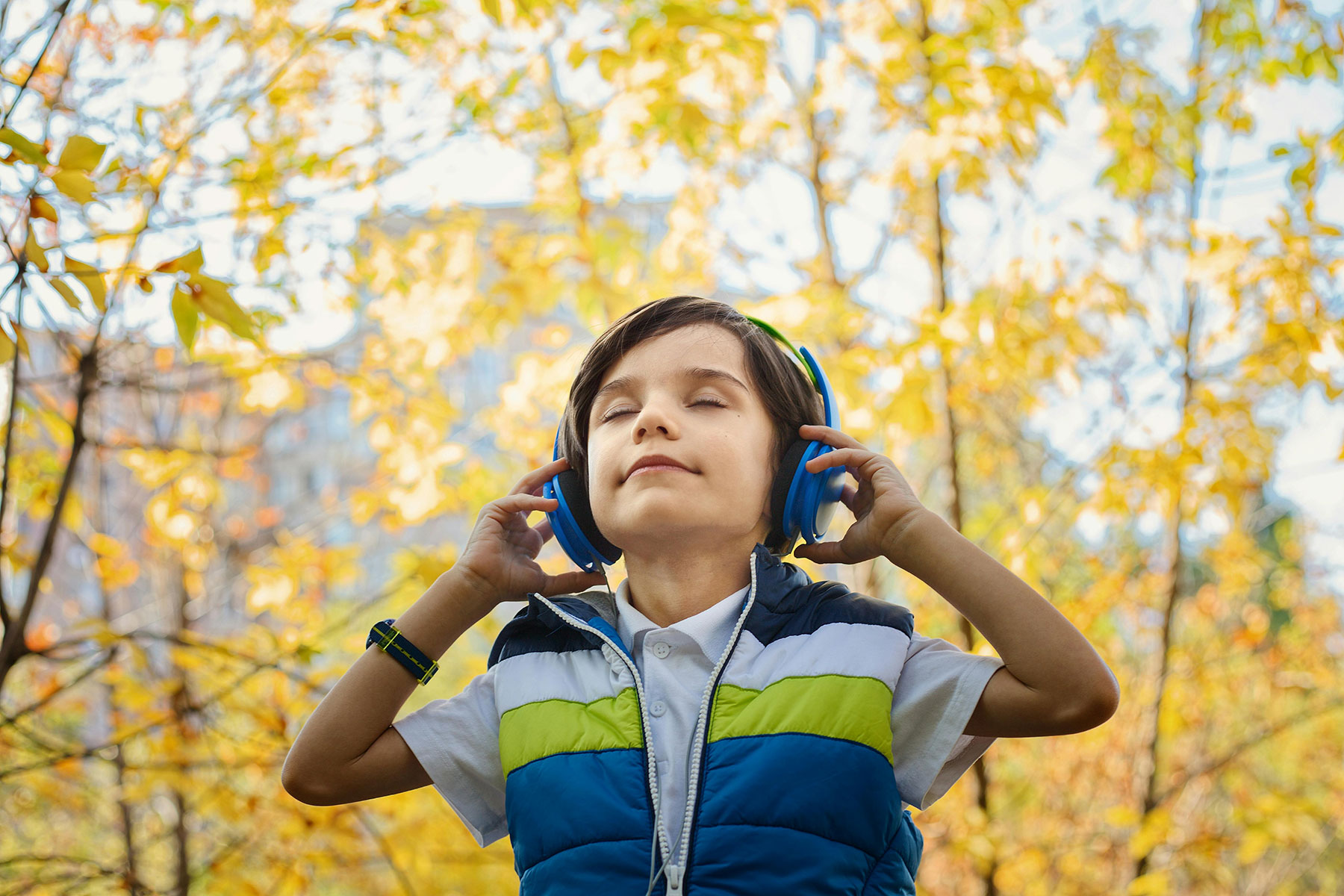
By Barbra Weidlein
Trauma settings
Music therapists have been called upon to support the recovery of individuals and communities following horrific events as well as natural disasters. Settings have included New York City metropolitan area after the 9/11 terrorist attacks; New Orleans after Hurricane Katrina; Umpqua Community College after a mass shooting on campus; various war- and post-war zones; and other disaster recovery situations.
According to the American Music Therapy Association, music therapy addresses trauma by providing:
• Non-verbal outlets for emotions associated with traumatic experiences
• Anxiety and stress reduction
• Positive changes in mood and emotional states
• Active and positive participant involvement in treatment
• Enhanced feelings of control, confidence, and empowerment
• Positive physiological changes, such as lower blood pressure, reduced heart rate, and relaxed muscle tension
"With individuals who have experienced trauma," says Jim Borling, director of Radford University's Music Therapy program, "music becomes an outlet for expressing emotion. Music therapy has a way of letting people know that it is ok to feel what you are feeling. It is ok to acknowledge what has happened."
Borling brought his skills as a music therapist to Newtown, Connecticut where a 2012 shooting at Sandy Hook Elementary School took the lives of 20 children and six staff members, and to Virginia Tech (Virginia Polytechnic Institute and State University) after a campus shooting in 2007 killed 32 and injured many others.
Share This Post!
Helping Children and Adolescents Cope with Traumatic Events
By Southern California Sunrise Recovery Center Children and adolescents are exposed to a number of different traumatic events that can spark a lot of emotions and physical reactions. The effects of [...]
Trauma screening may help connect children to specific mental health services
By Penn State Each year between 200,000 and 270,000 children and youth enter foster care placements with child welfare services, and many more children receive child welfare services while remaining in [...]
The Mental Health of Minority and Marginalized Young People: An Opportunity for Action
By Vivek H. Murthy, Surgeon General Mental health is an essential part of overall health. It not only affects the ability of young people to succeed in school, at work, and [...]
How to Break the Cycle of Childhoold Trauma? Help a Baby’s Parents
By Rhitu Chatterjee, NPR Teresa Cox-Bates was only 11 years old when her father died, an event that dramatically altered her family's circumstances and shaped her childhood experiences. Studies also show that [...]
Supporting Children and Teens During the Holiday Season
Provided by The National Child Traumatic Stress Network This fact sheet provides tips that parents can use to talk to their children and teens about how they are feeling and changes to [...]
How a History of Trauma is Affecting the Children of Gaza
By Rhitu Chatterjee, NPR Researchers say the cumulative trauma of chronic ethnic-political violence has a profound and lasting impact on children's mental health and development, affecting their functioning and outlook on the [...]







